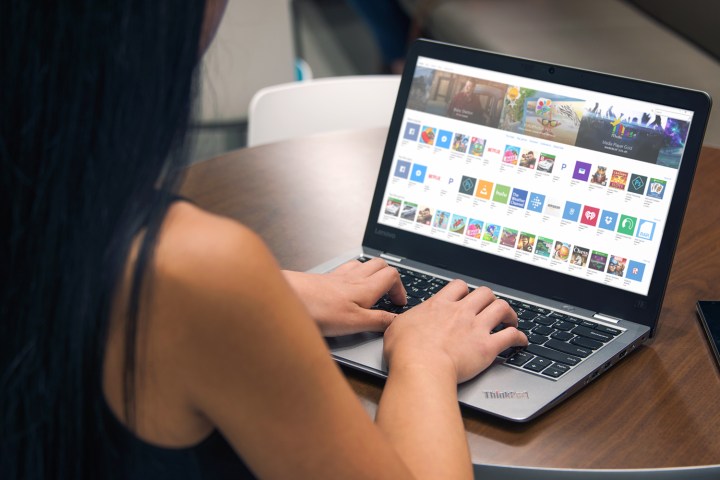
Microsoft is changing all that for Windows 10 and Xbox buyers, however, with a new policy that’s making its way from the Xbox Alpha group of beta testers to everyone else. Now, users will be able to process their own digital app purchase refunds in a manner that’s not only faster and easier but a bit more liberal as well, as Ars Technica reports.
The news came first to gamers signed up for the Xbox One “Alpha” preview ring, with an announcement that promised a new refund program for both Xbox One and Windows 10 users. As Ars Technica notes, Microsoft’s new policy is similar to Steam’s, namely that buyers have 14 days to return a title after purchase and as long as they haven’t used an app or game for greater than two hours in total. The news was also posted in the Xbox One reddit by user gaymerRaver.
The process isn’t quite so easy as simply selecting the title in the Xbox One or Windows Store interfaces. Rather, users wanting to process refunds will need to head to the order history section of their Microsoft account and then navigate to the relevant app or game. Users whose accounts have already been migrated into the new system will see a “request a refund” button, which doesn’t seem to be working for everyone at the moment.
Microsoft has established some limitations on the refund policy. For example, refunds won’t be available for “DLC, season passes, and add-ons,” and anyone wanting to process a refund will need to wait at least a day before making the request.
Nevertheless, this change marks a meaningful improvement to the Xbox One and Windows 10 digital purchase experience and should make Microsoft’s stores significantly more attractive to buyers. Certainly, the company’s new policy is markedly better than those offered by other vendors, such as the Google Play Store with its two-hour refund period and Sony’s PlayStation store that requires a call into customer support that only sometimes results in a refund.
Editors' Recommendations
- Windows 11 vs. Windows 10: finally time to upgrade?
- The best Windows 10 keyboard shortcuts
- Microsoft offered Sony a 10-year Call of Duty deal for PlayStation, report says
- It’s not just you — Microsoft admits its patches broke OneDrive
- Hello Neighbor 2 offers impressive open-ended puzzling and one creepy villain



